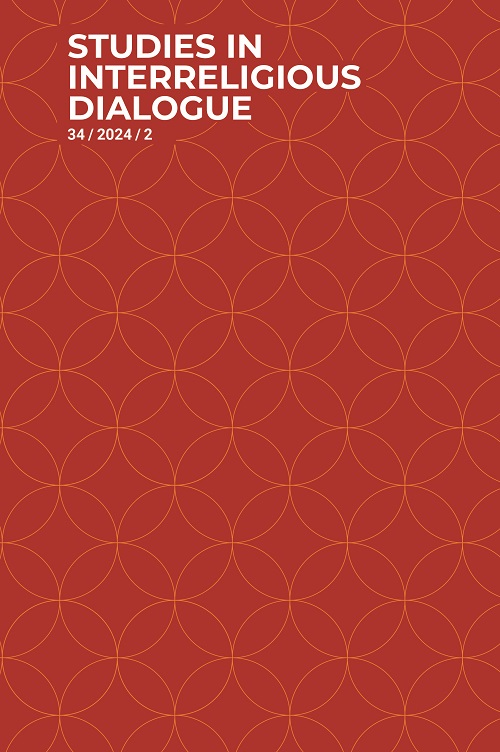 previous article in this issue previous article in this issue | next article in this issue  |

Preview first page |
Document Details : Title: Interreligious Dialogue and International Policy Author(s): MORTENSEN, Viggo Journal: Studies in Interreligious Dialogue Volume: 20 Issue: 2 Date: 2010 Pages: 217-228 DOI: 10.2143/SID.20.2.2058668 Abstract : For six years (2004-2010) the Asia Europe Meeting (ASEM) has been conducting Interfaith Dialogue (IFD). This is an interesting possibility to observe how states can interact when it comes to religion. Government representatives, diplomats, policymakers, scholars, and religious leaders come together and exchange views on religious, social and cultural issues. Globalization, with its suppression of time and space, leads to more interdependency. In order to manage this interdependency, a new global culture of understanding and engagement is needed. Religions can play a vital part here. Since religious and cultural diversity are rampant, politicians and others are on the lookout for elements that can contribute to the cohesion of society. Interreligious dialogue is here seen as an instrument that can help develop common values and norms and thus contribute to a society with more harmony, convergence, and cohesion. The starting point is that we are all human beings with the same bodily needs and feelings sharing this one vulnerable globe. As we come closer to our neighbour through globalization, we become acutely aware of the growing religious diversity. Interreligious and intercultural dialogue is then seen as an instrument for religiously plural societies to survive. In the ASEM IFD interesting texts have been produced advocating peace, justice, compassion, and tolerance as a way of encouraging greater harmony within the international community. |
 |


